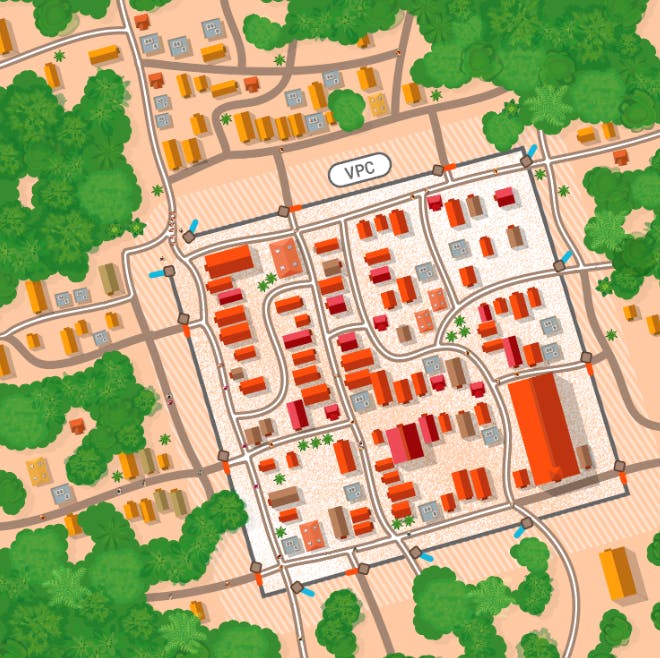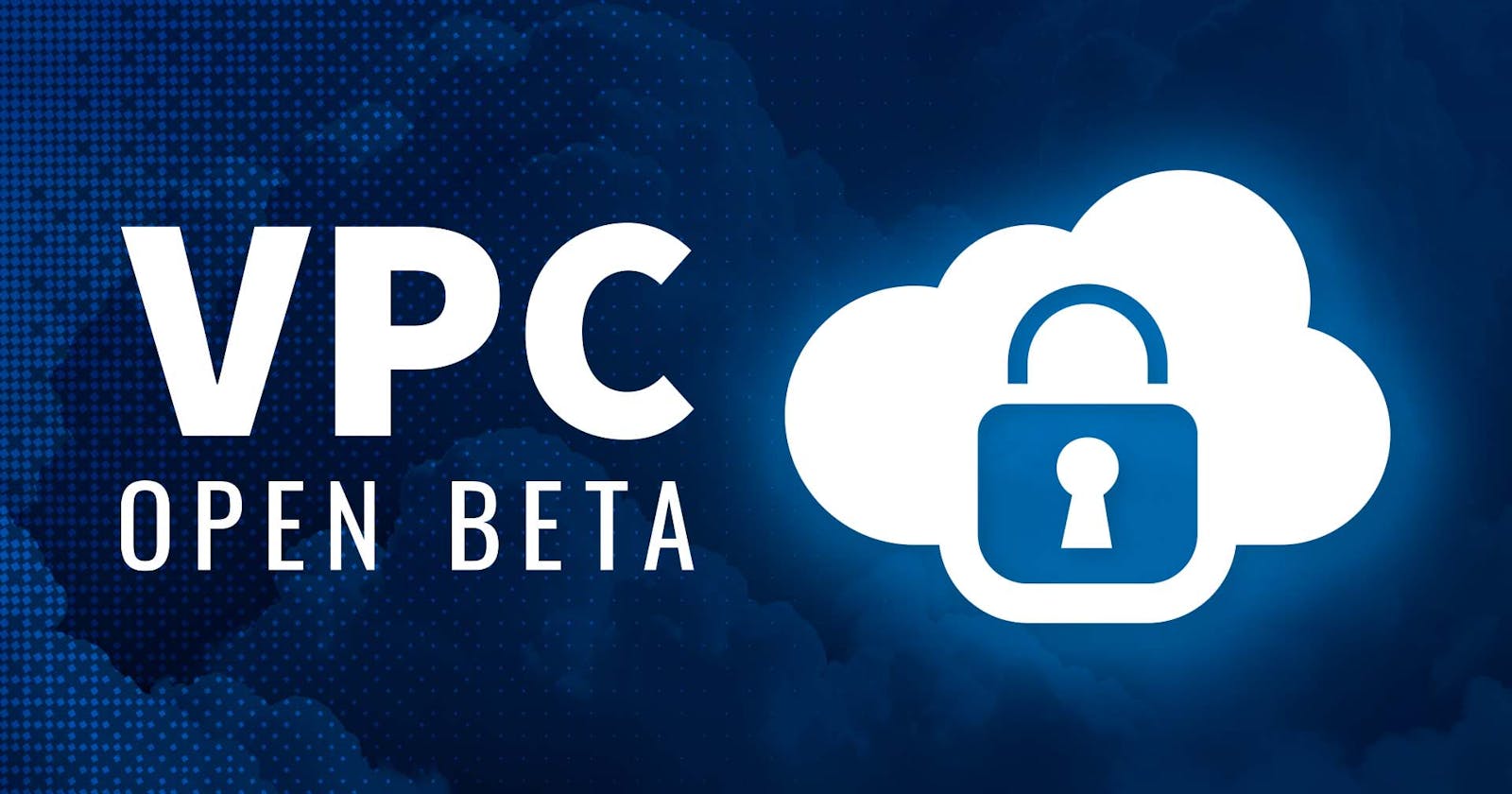We are excited to announce the release of our Virtual Private Cloud (VPC). This is a significant addition to the Akamai Cloud platform and underscores our commitment to providing developers and customers with advanced, secure, and flexible solutions.
If you’re an Akamai customer, you can now create and manage VPCs via Cloud Manager, CLI, API, Terraform, Ansible, Python/Golang SDKs, Packer, and Salt - all at no additional cost.
What is the Akamai VPC?
A VPC is an isolated network within the Akamai Cloud. It’s designed to enable cloud resources to communicate privately, manage access to the public internet, and connect to other private networks. It's a cornerstone feature for developers, allowing them to segment traffic and build distributed, multitier web applications with enhanced security and efficiency.
Previously, to achieve network isolation on Akamai Connected Cloud, customers had to rely on VLAN technology, which was limited in functionality compared to a true VPC, or use another cloud provider. Now, you don’t have to leave Akamai to achieve true layer 3 network isolation.
How does a Virtual Private Cloud work?
A virtual private cloud (VPC) is like having your own secure, isolated section of the internet where you can store data, run programs, and connect different parts of your online systems. Imagine a VPC as a private neighborhood within a city. In this city (which represents the internet), there are many houses and streets (which represent various servers and data centers). When you create a VPC, it's like building a fence around a specific area of this city just for yourself. Inside this fenced area, you can set up your own houses (servers), streets (networks), and even security guards (firewalls) to protect your neighborhood. The VPC allows you to control who can enter (access) your neighborhood and how they move around inside it. You can decide which houses (servers) can talk to each other and which ones are off-limits to outsiders. This setup ensures that your data and operations are kept separate and secure from the rest of the city (internet), providing you with a safe and private space to run your online activities without interference from others.

Why use a VPC?
We know many of you need to secure sensitive information while allowing your team to collaborate, or ensure certain traffic only occurs internally between VMs to avoid transfer charges, or you may need an environment for a multi-tiered web application. Our VPC allows you to seamlessly manage these scenarios on our secure and reliable platform. Let’s take a look at some of the benefits of our VPC.
Some benefits include:
Easy Access and Management: As an Akamai customer, you can create and manage VPCs through various tools like Cloud Manager, CLI, API, Terraform, Ansible, Python/Golang SDKs, Packer, and Salt at no additional cost. This flexibility ensures that you can integrate the VPC into your workflow effortlessly.
Security and Isolation: Akamai is known for security, and keeping your cloud resources in our secure, isolated environment, significantly reduces the risk of unauthorized access and data breaches. You control who accesses your data and applications, reducing the risk of unauthorized access or ransomware attacks.
Tailored Network Performance: In a VPC, you can optimize traffic flow for better performance, ensuring that your applications run smoothly and efficiently. You can set up the network configuration, choose which services and applications to run, and manage resources according to your specific needs. This flexibility allows for better customization and control over your online operations.
Cost Effectiveness: A VPC is a cost-effective solution. It eliminates the need for physical hardware and lets you allocate resources more efficiently, trimming down operational costs, and lowering your bottom line.
Scalability: Akamai’s VPC offers scalability, meaning you can easily adjust resources like storage and computing power as your needs change. If your business grows, you can quickly scale up to accommodate increased demand. Our new warm migrations also enable you to resize VMs with downtime under one minute.
VPCs provide businesses with a versatile and secure environment for a variety of critical functions, from safeguarding sensitive data to creating sophisticated multi-layered applications. By leveraging the capabilities of a VPC, businesses can significantly enhance the security, efficiency, and scalability of their digital operations.
Getting Started with VPCs
VPCs will be accessible through our API and Cloud Manager as well as Python, Go, Packer, Ansible, and Terraform. VPCs are available in a majority of our core compute regions (check our VPC documentation for a full list).
In Cloud Manager, you will see VPC as an available option in the left sidebar. You will also see the VPC option when creating a new compute instance.
VPCs can be used at no additional cost, and this will not change after the functionality enters general availability. The resources deployed within a VPC are, however, billed at the standard rate.
You can learn more about how an Akamai VPC can help your team securely store sensitive data, streamline your application development processes, and efficiently manage network traffic on our VPC documentation page.
Thanks for reading! For all things cloud, follow me by clicking the follow button at the top of this page, subscribe to my newsletter below, and follow me on Twitter!

